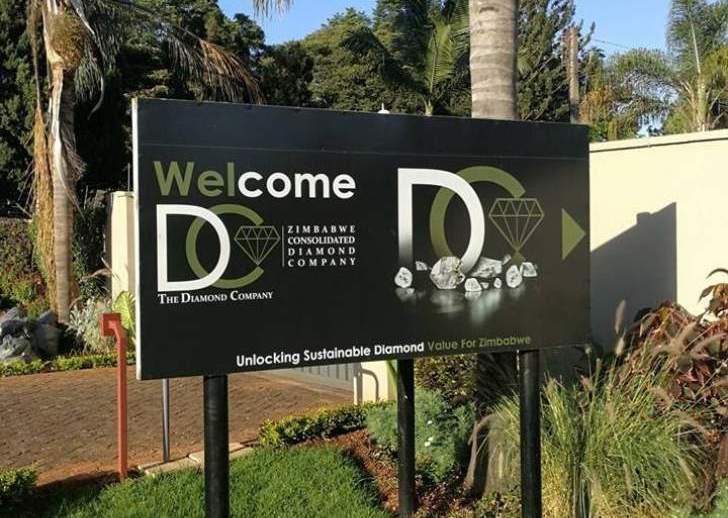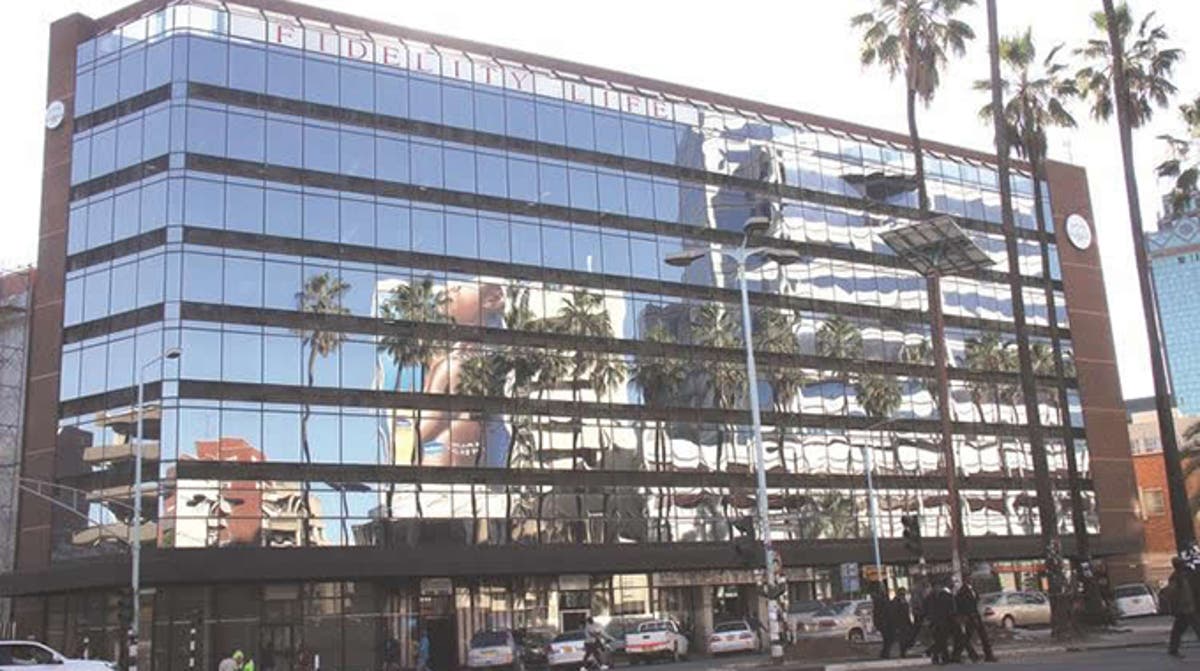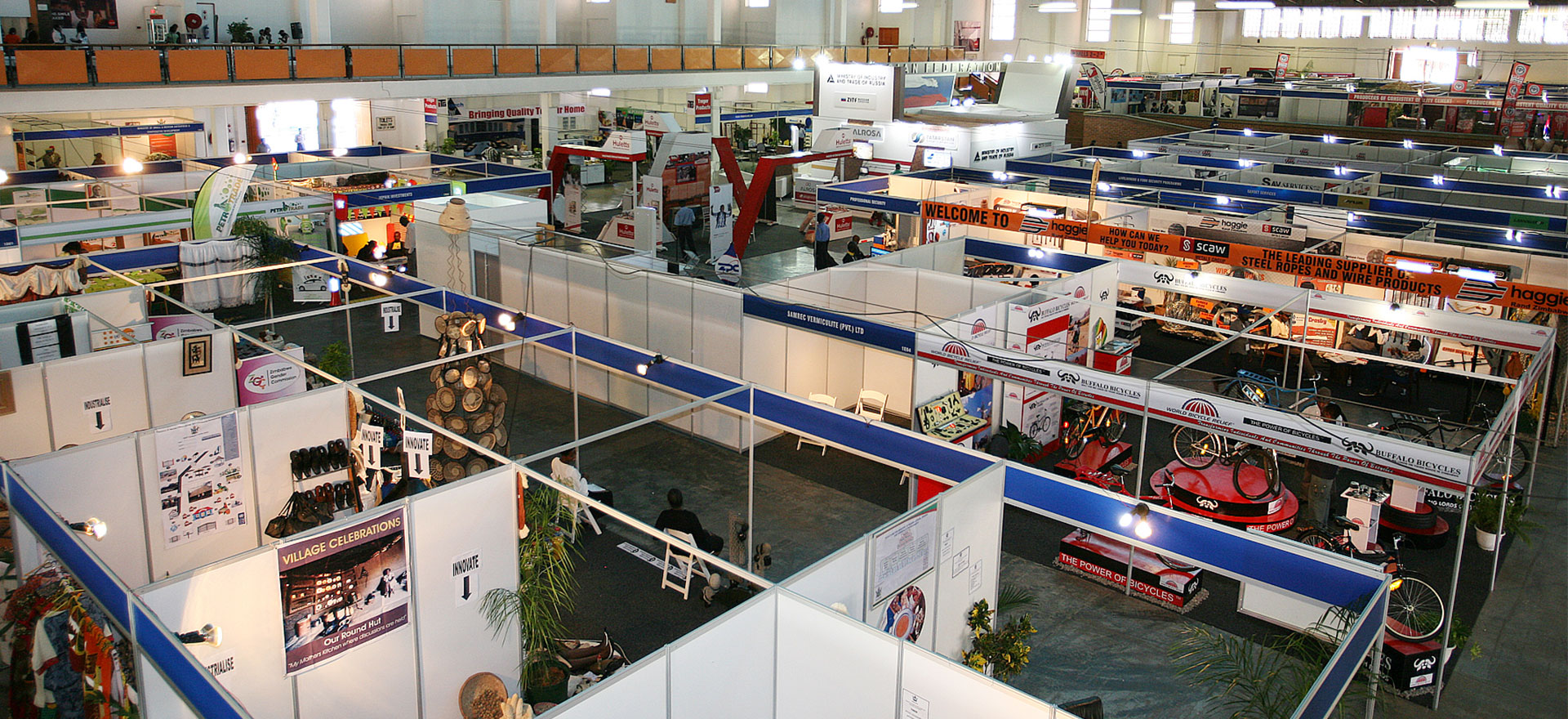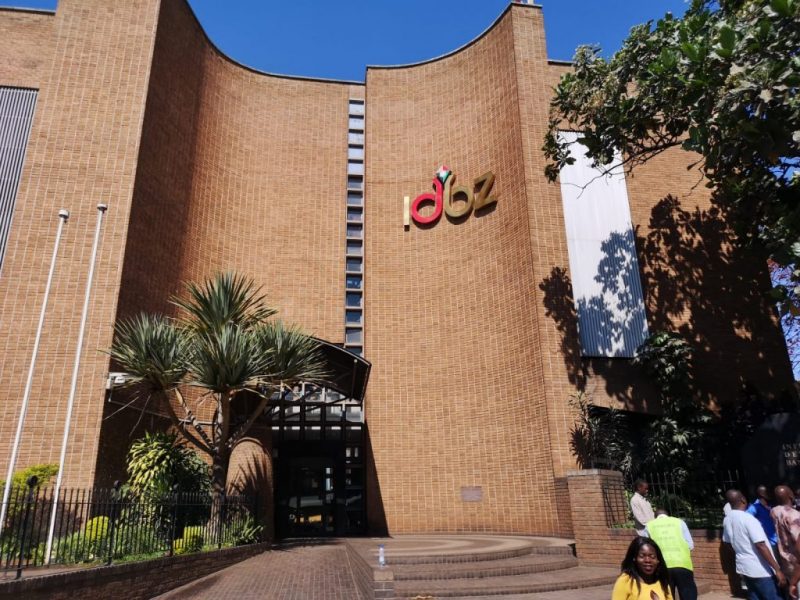Private sector intensifies renewable energy investments for self-sufficiency
Zimbabwe’s private sector is intensifying its investment in the power sector to secure a reliable supply, increasingly focusing on renewable energy to meet their own consumption needs.
Latest data from the Zimbabwe Energy Regulatory Authority (ZERA) reveals a total of 29 projects underway, promising to add a substantial 1 688 megawatts (MW) to the country’s energy mix.
A notable trend in the private ventures is the strong focus on solar photovoltaic (PV) technology. With 25 projects in the pipeline, solar power accounts for a significant 403 MW of the capacity, highlighting the growing appeal and viability of solar energy for businesses seeking sustainable power solutions.
While solar leads in the number of projects, coal-fired power represents the largest share in terms of capacity, according to ZERA. Three thermal projects are set to contribute a significant 1 265 MW. This shows that while renewable energy is gaining traction, traditional sources remain a key component of private power generation plans, likely driven by the energy demands of specific industries.
Other sources in the mix include a single gas-powered project with a capacity of 20 MW. Notably, there are no current projects for bagasse, biomass, waste to energy, hydro, concentrated solar power, or hybrid (solar or diesel) for companies establishing plants for their own use.
An analysis of recent data highlights key players and the intended capacity they are bringing to the grid.
Leading the pack in terms of sheer scale is Prestigious Preserve, with a massive 1 200 MW coal-fired thermal project situated in the River Ranch area of Beitbridge, Matabeleland South Province. The project represents the largest capacity addition among the ongoing projects.
Another significant thermal venture is being undertaken by Max Mind Investments, targeting 240 MW.
The data also reveals a growing interest in renewable energy, particularly solar power. Caledonia Mining Corporation is building its second solar plant with a production capacity of 5,3 MW at its Blanket gold mine in Gwanda, Matabeleland South. Rio Zim’s Cam and Motor has multiple solar sites totaling 30 MW.
Other notable solar projects include Renco Mine (15 MW), Dalny Solar (15 MW), Zimplats Phase 2 (155 MW), London Bridge Power (40 MW), Gridpro (56,25 MW), and Dolcin Trading (50 MW).
In an interview this week, ZERA chief executive Mr Edington Mazambani said the success rate of entities and institutions installing solar plants for their own use has been remarkably high at almost 100 percent.
This stands in stark contrast to Independent Power Producers (IPPs) aiming to generate power for grid supply, many of whom encounter difficulties in securing financial closure. Faced with ongoing power challenges, several corporates have turned to investing in solar energy to secure a reliable supply.
“The 100 percent success rate is attributable to the fact that these companies made a strategic business decision to invest in self-use power plants to ensure a reliable supply,” said Mr Mazambani.
The limited generation capacity often falls short of the country’s growing energy demand. Furthermore, the national power utility, ZESA Holdings, has grappled with financial constraints, a substantial debt burden, and difficulties in securing foreign currency for essential maintenance and upgrades, hindering its ability to ensure a consistent power supply.
Several other corporations in Zimbabwe have invested in establishing their own solar power plants for self-consumption, driven by the need for a reliable power supply amidst persistent grid challenges and the long-term cost benefits of renewable energy. Caledonia Mining Corporation has integrated solar power into its mining operations for a more consistent energy supply.
Schweppes Zimbabwe, a major beverage producer, has also adopted solar energy to ensure uninterrupted operations.
Large-scale mining operations like Zimplats and Bikita Minerals have also incorporated solar into their energy mix.
The telecommunications sector has also seen significant adoption, with Econet Wireless Zimbabwe launching a substantial 466 KW industrial solar plant at its Willowvale complex in Harare, spearheaded by their subsidiary Distributed Power Africa (DPA). This initiative is part of a broader green strategy. Agro-processing giant Tongaat Hulett, horticultural firm Nhimbe Fresh, and petroleum company Puma Energy have also invested in solar solutions for their own energy needs.-herald









